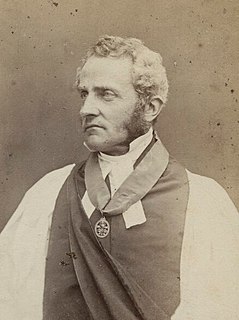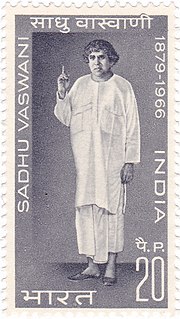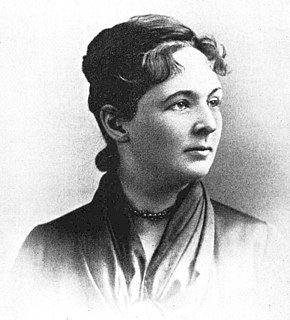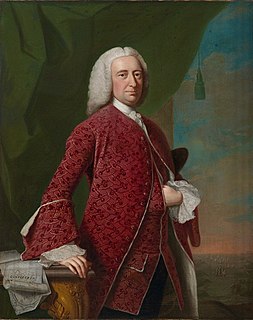A Quote by George H. Smith
Through inculcating the notion that sacrifice is a virtue, Christianity has succeeded in convincing many people that misery incurred through sacrifice is a mark of virtue. Pain becomes the inignia of morality - and conversely, pleasure becomes the insignia of immorality. Christianity, therefore, does not say, "Go forth and be miserable." Rather, it says, "Go forth and practice the virtue of self-sacrifice." In practical terms, these commands are identical.
Related Quotes
Ascetics and fakirs come to mitigate human suffering; to heal us and lead us on the path. They put up with criticism; they go through many worldly trials. Some of them have even become martyrs for our sake. But they have done all this with a smile and with gratitude to God. Hence sacrifice is a great virtue.
Virtue is the panacea for both body and mind. The virtuous person can be both healthy and happy. How is virtue to be cultivated? How can it express itself in daily practice? Through service to living beings, through seva. Virtue must flow through the triple channel of love, mercy and detachment, in order to feed the roots of seva.
I want to take the word Christianity back to Christ himself, back to that mighty heart whose pulse seems to throb through the world today, that endless fountain of charity out of which I believe has come all true progress and all civilization that deserves the name. I go back to that great Spirit which contemplated a sacrifice for the whole of humanity. That sacrifice is not one of exclusion, but of an infinite and endless and joyous inclusion. And I thank God for it.
Every Mass is a memorial of that one sacrifice and that passover which restored life to the world. Every Mass puts us into intimate communion with her, the mother, whose sacrifice 'becomes present' just as the sacrifice of her Son 'becomes present' at the words of consecration..... At the root of the Eucharist is the virginal and maternal life of Mary



































